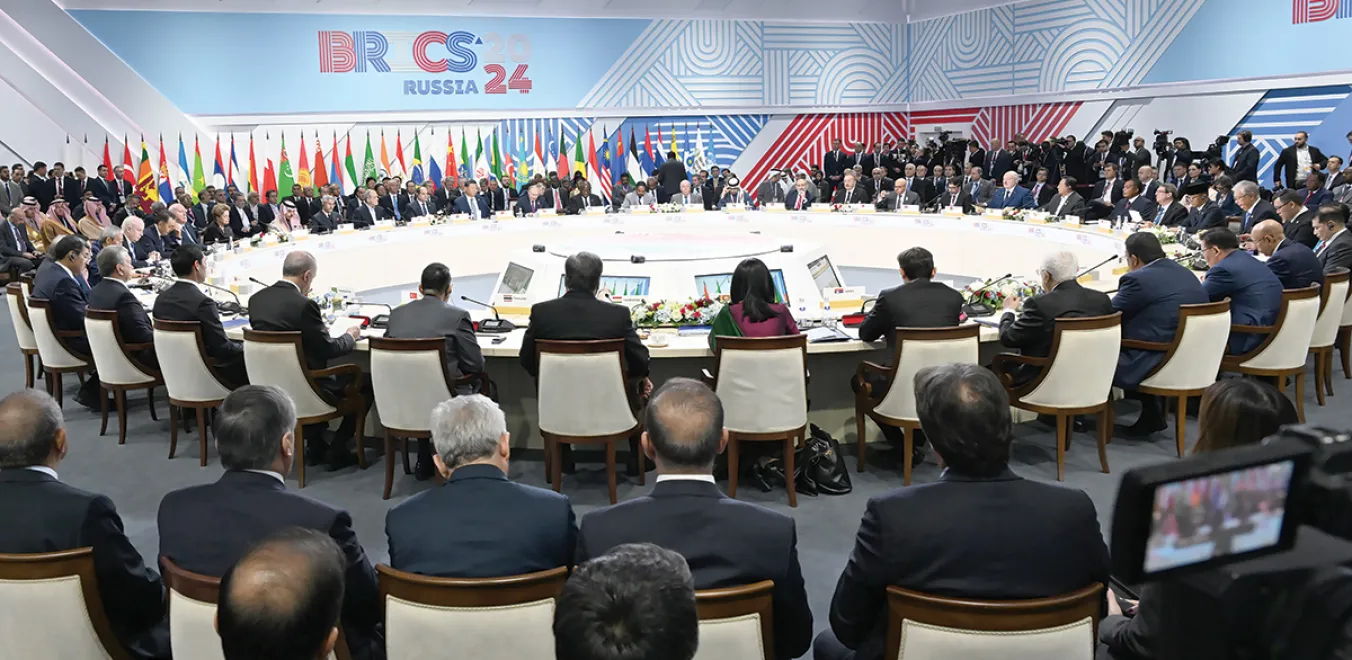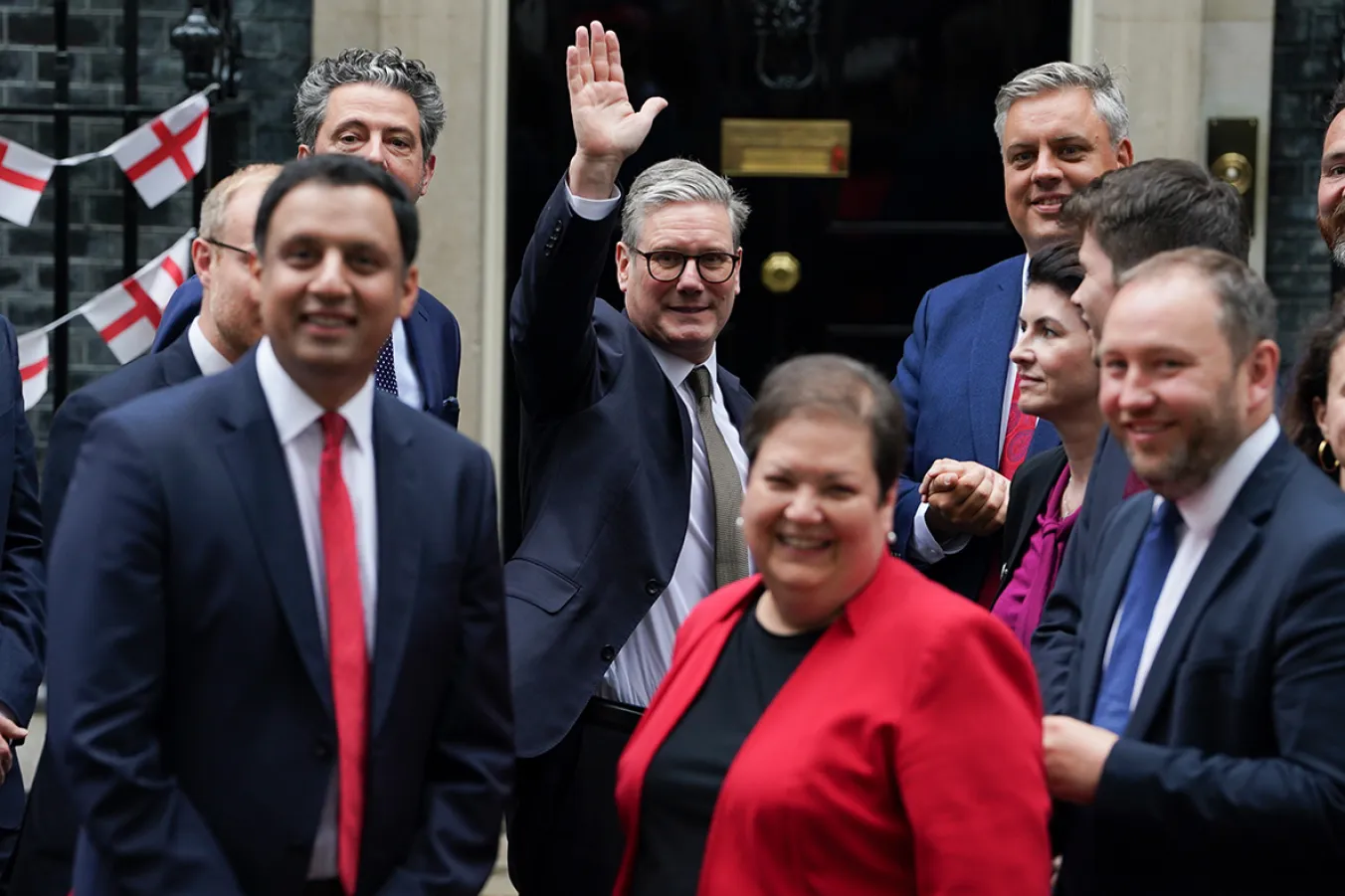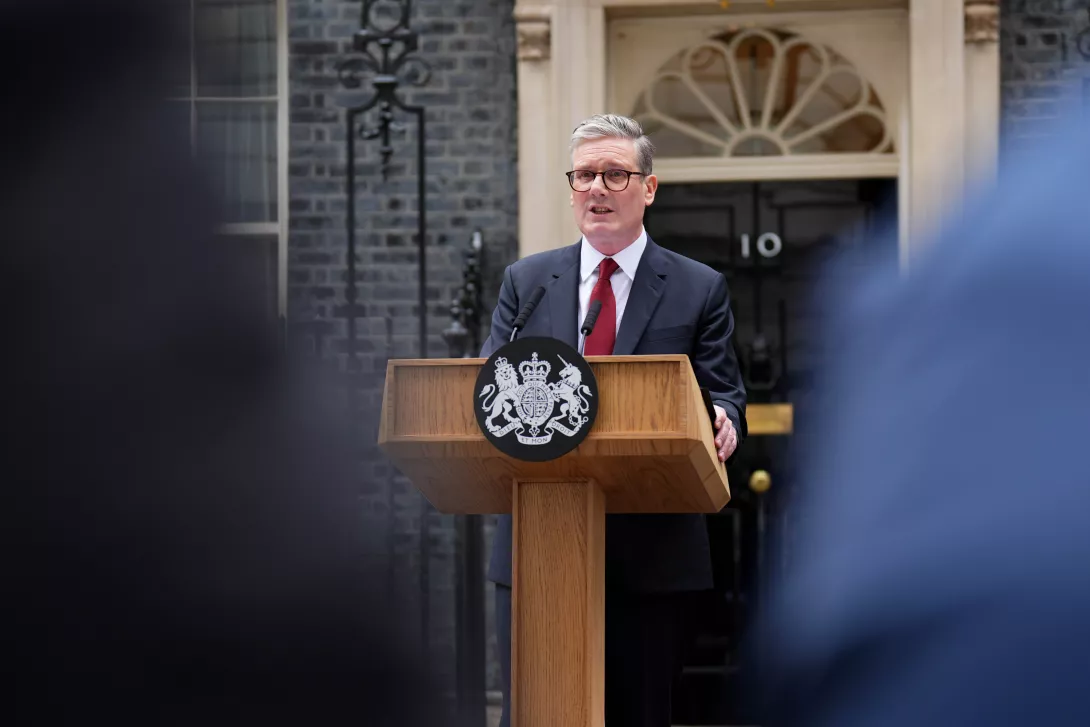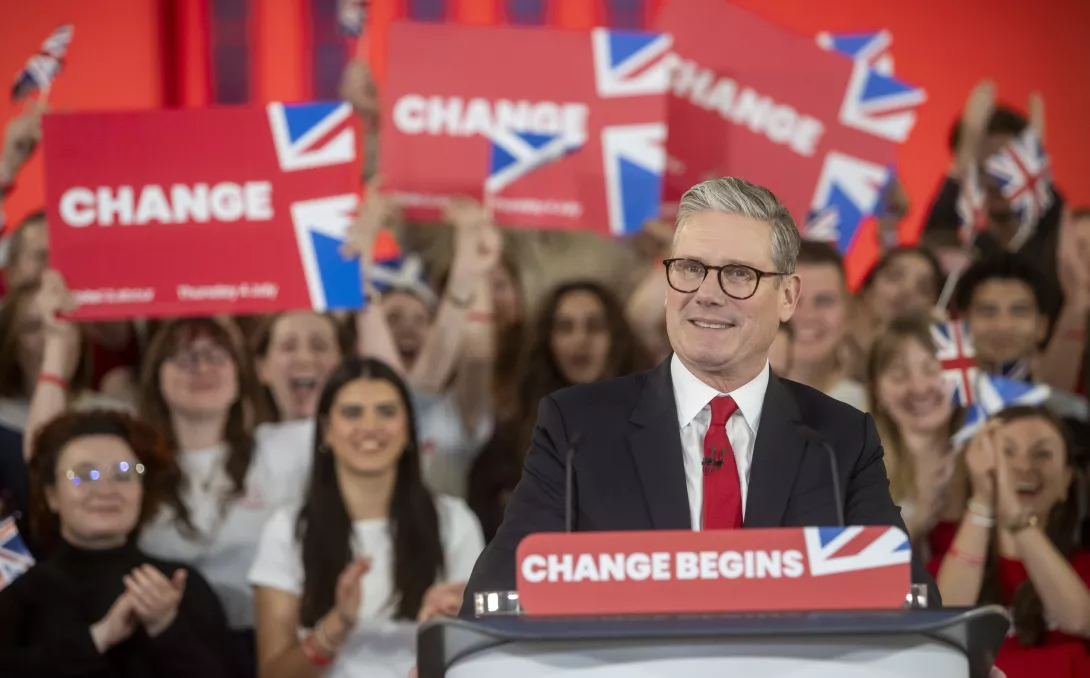The proxy war in Ukraine is heading to a denouement with the US and Russia dividing the spoils while the European powers stand bewildered by events they have been wilfully blind to, says KEVIN OVENDEN
A failure of a victory for Starmer
With less than 34 per cent of votes cast on a turnout of just 60 per cent, no party has got so much for so little. This wasn’t so much a ‘Labour landslide’ as Tory collapse, explains ANDREW MURRAY

NO prime minister has entered Downing Street with a more compromised mandate, with scarcely a breeze to lift his sails.
The joy at the end of Tory rule, symbolised by the loss of the constituencies once represented by David Cameron, Theresa May, Boris Johnson and Liz Truss, cannot disguise the less than ringing endorsement of Keir Starmer’s Labour.
Nor can the iniquities of the first-past-the-post system, which gifted Labour a Commons landslide over a divided right, mask the fact that Starmer takes office with his electoral coalition already crumbling.
More from this author
ANDREW MURRAY considers whether the mass arrest of peaceful protesters was an attempt by the PM to appease his right-wing critics following his crackdown on last August’s race rioters — and a dark omen of the tyrannies to come

The trolling of our nation by Twitter’s clown prince points to very real weaknesses in the current regime as it cowers before Trump’s coming reign — it is time for Corbyn-era forces to unite and take on Starmer, writes ANDREW MURRAY

From Yemen’s resistance to the rise of China and Brics, the imperial powers face an unprecedented challenge as their proxy wars fail to halt the march toward a multipolar future, writes ANDREW MURRAY
Similar stories

As Keir Starmer alienates his party’s core voters and plummets in the polls, ANDREW MURRAY argues the shifting political landscape exposes Labour’s vulnerability to both right-wing populism — and a resurgent left

by Radhika Desai, Alan Freeman and Carlos Martinez












